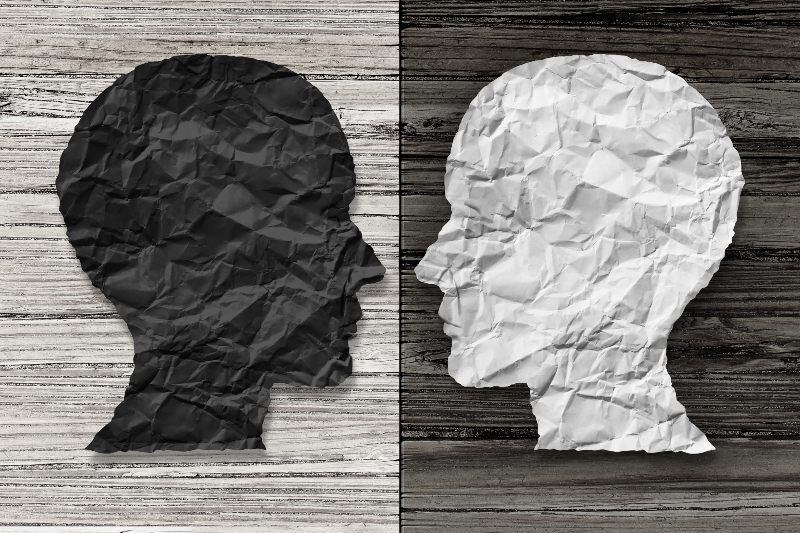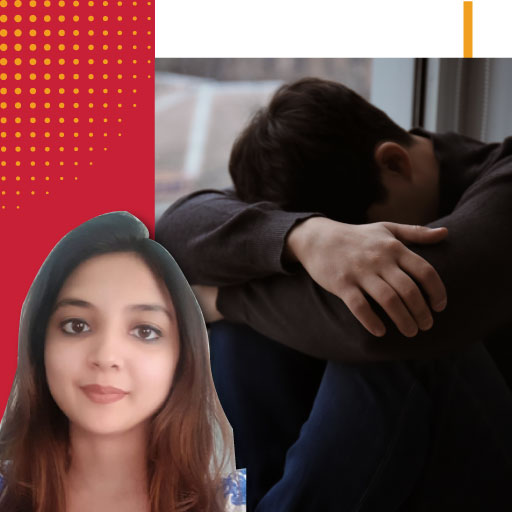
Table of Contents
What is Bipolar Disorder?
Have you ever felt energetic? Of course, all of us have! But have you ever felt so energetic that everything you do is at a fast pace, you feel extremely motivated, you talk and behave in a loud manner, and you hardly feel the need to rest? This extreme behavior with a super hyper vibe is one face of a person with Bipolar disorder. This phase which is known as manic episode, has its own distinguished properties that are completely different from the other phase that the same individual faces.
Imagine an oscillating pendulum. That is precisely how the life of Bipolar Personality looks like. The above explained Manic episode is the one extreme end of the oscillation of a pendulum, whereas, the other extreme end is a Depressive episode. When an individual is going through a Depressive episode, they feel extremely lethargic, unable to stay motivated to do anything, to meet anyone, or to even get out of the bed.
Symptoms of Bipolar Disorder
Individuals with Bipolar disorder experience extreme mood swings, jumping to and fro from extreme sadness, anger, demotivation, anxiety, happiness, etc. During the Manic episodes, individuals might show highly instinctive behaviour, might experience high sex drive, and might be too social. They might believe highly of themselves during these episodes, and might experience delusions as well. They might also experience inability to focus on one topic, or to control racing thoughts. Contradictorily, during Depressive episodes, the body posture and body language of the same individual is like that of someone who is highly exhausted and is significantly demotivated. They might develop extremely negative image of themselves. Sometimes, individuals in this episode also experience suicidal ideations and indulge in self-harm.
Bipolar disorder was earlier known as Manic Depression. This disorder changes from person to person who is experiencing it. With a few, there are various back to back episodes of each phase, while with others, the episodes occur or switch rarely. With a few, the intensity of manic episodes is much stronger, with a few others, the intensity of depressive episodes is highly impactful, and while with others, both episodes are equally significant.
Causes of Manic Depression
Bipolar disorder can be caused due to genetic reasons, due to structural or functional abnormalities of the brain, due to trauma or due to environmental stressors. Such individuals find it very difficult to perform day-to-day activities. They usually cannot maintain strong social, personal or professional relationships. Maximum number of individuals diagnosed with Bipolar disorder are aged between 20 – 30 years of age, however, this disorder also prevails in children and senior citizens.
How Can We help?
For individuals experiencing this regular switch in extreme moods and behaviours, it feels extremely difficult to survive and find the motivation to live. There is no proven cure for the same, however therapy, medications and lifestyle can help them get aware and prepared for the episodes, accept themselves and manage the symptoms better. Acceptance of them along with their episodes, and providing support, love and empathy to them by their loved ones is the best way in helping these individuals.
Check out more such articles on health and wellbeing to improve your life.





 1800-270-7000
1800-270-7000











